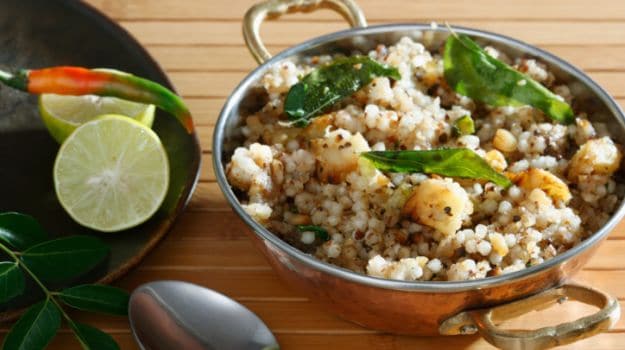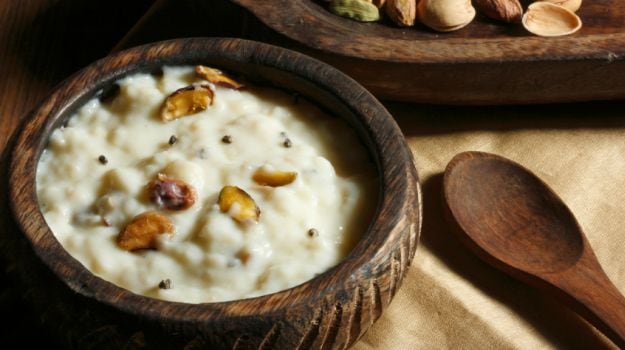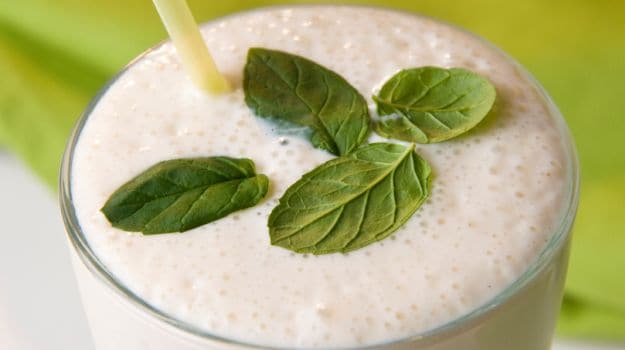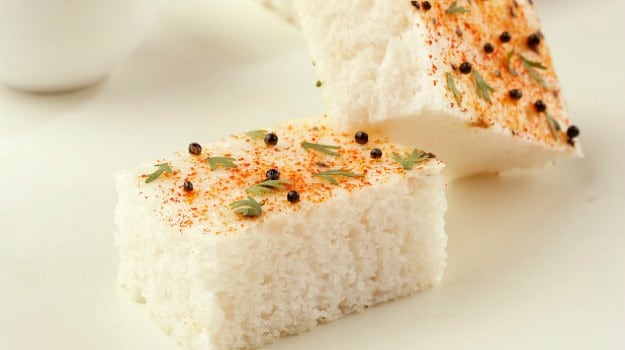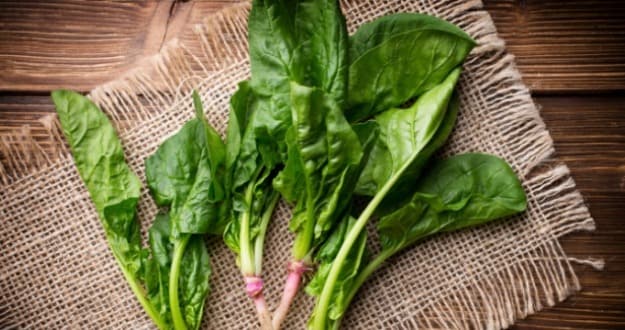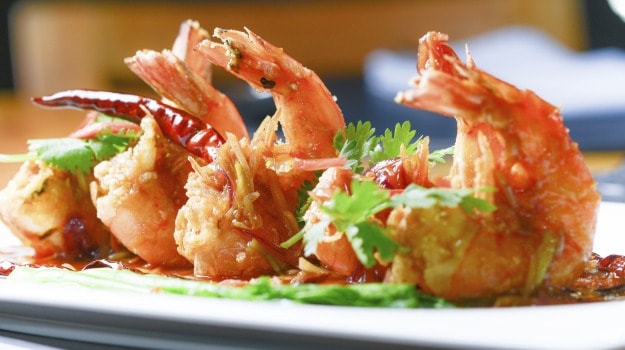The brain is a vital organ of the body. We often hear someone telling that the person is very sharp and intelligent; their IQ levels are too high. Well, the brain is responsible for multiple functions in the body and specially performs the role of co-ordination. Hence, we bring for you the list of some essential and healthy brain foods.
Ever wondered how to keep the brain healthy and increase memory power! The answer lies in the food we intake and the healthy choices we make.
Here we talk about some of the super foods (brain foods)to boost memory power and keep the brain healthy.
1. Dark Chocolates
This is a yummy treat for the brain!!
Dark chocolates are full of flavonols, an element responsible for controlling the blood pressure. This in turn, helps to circulate blood to the brain and aids in the normal functioning.
You can munch on some dark chocolates several times in a week. As a caution, always prefer dark chocolates which have 70-80% cocoa. These chocolates have a slightly bitter taste but are excellent for the mind and body.
2. Coconut Oil
Always listen to your mom when she tells about the varied uses of coconut oil. It is not just a natural beauty product but also one of the best oils for the brain.
Thankfully, coconut oil is a natural agent to boost memory power and acts as an anti-inflammatory substance to prevent inflammation of cells.
Include coconut oil regularly in your diet. Cook food using coconut oil to see its benefits in the long run.
3. Eggs
Being very high in protein, it is one of the healthy brain foods.
There are several myths regarding eggs. Some people say eggs contribute to the cholesterol level whereas others prefer eating the egg whites only as the yolk generates lot of heat in the body. Well, think about it again!!
The egg yolk is rich in Choline which is responsible for brain development in both the children and the adults. It is why pregnant ladies are often advised to have eggs several times a week.
Also, eggs can keep you happy!! You heard it right; eggs break down the hormones in the body which make you happy. So eat an egg and stay happy all day
.
Have you made faces when your mom asked you to have broccoli? Well, we all do the same.
Broccoli is considered to be an excellent brain foods. After all, it has a high content of vitamin K and Choline in it to sharpen the memory power.
Next time before going for exams, you definitely know what you should eat!!
Blueberries are one such example of healthy brain foods which do not spoil the taste buds.
Munch on some blueberries regularly for a healthy brain. They are rich in all the essential vitamins and fibre. It is a kind of citrus fruit and hence has abundant of vitamin C and vitamin K which relieves stress from the brain. It helps in regeneration of brain cells thereby keeping your brain healthy.
Celery is a wonder food. It has zero cholesterol, less in calories, packed with essential vitamins and minerals and a super food for the brain.
Celery has anti-inflammatory properties which prevent inflammation of the brain cells and keeps them healthy. It is also rich in anti-oxidants and has lot of benefits.
The good news is one cup of celery hardly has 16-20 calories. So eating celery in your breakfast is excellent for a great mind and a good body.
It is essential to include avocado in your diet because it prevents blood clotting in the brain. Hence, you have minimal chances of getting a brain stroke in your life.
It has high content of essential Vitamins like Vitamin B, C, K and boosts memory power. Eat fresh avocado directly as a fruit or have a milkshake multiple times in a week to maintain brain health.
Olive oil is one of the best oil for both brain and the body. The extra virgin olive oil is immensely useful for curing brain diseases like Alzheimer’s as it inhibits the toxins entering the brain.
Include extra virgin olive oil in your salads and noodles to increase memory power.
As a caution, it is always better to intake olive oil directly like using it as a dressing in salads. Do not cook in olive oil as cooking on very high-temperature mars the benefits of this oil.
Leafy vegetables are rich in Vitamins. It prevents degeneration of brain cells and restores the mental ability.
It is therefore, advisable for older people to include a lot of sage, spinach, kale in their diet. This helps to boost memory power and slows down the process of degeneration.
It is mostly recommended to have at least 2 servings of green leafy vegetables in a day to prevent inflammation of brain cells and keep the brain healthy.
Salmons are a healthy treat for non-vegetarians. It is one of the complete brain foods, very rich in omega-3 fatty acid which improves concentration. It is a great food to fight against cancer and brain tumors.
Include salmon in your diet and you could see a big difference in your memory power and simultaneously prevent any diseases related to the brain.
Conclusion
Our diet is an important factor in our well being. We should always make the right choices for a healthy living.
Along with good food, incorporating some form of exercise keeps our mind and soul healthy. This in turn, keeps us fit for a long time and slows down the degeneration process. The brain plays a critical role in the body and we are solely responsible for taking care of it.
Hope you have found this brain foods article useful. In case of any suggestion or feedback, please feel free to share the same in the comments section below.
4. Broccoli
Have you made faces when your mom asked you to have broccoli? Well, we all do the same.
Broccoli is considered to be an excellent brain foods. After all, it has a high content of vitamin K and Choline in it to sharpen the memory power.
Next time before going for exams, you definitely know what you should eat!!
5. Blueberries
Blueberries are one such example of healthy brain foods which do not spoil the taste buds.
Munch on some blueberries regularly for a healthy brain. They are rich in all the essential vitamins and fibre. It is a kind of citrus fruit and hence has abundant of vitamin C and vitamin K which relieves stress from the brain. It helps in regeneration of brain cells thereby keeping your brain healthy.
6. Celery
Celery is a wonder food. It has zero cholesterol, less in calories, packed with essential vitamins and minerals and a super food for the brain.
Celery has anti-inflammatory properties which prevent inflammation of the brain cells and keeps them healthy. It is also rich in anti-oxidants and has lot of benefits.
The good news is one cup of celery hardly has 16-20 calories. So eating celery in your breakfast is excellent for a great mind and a good body.
7. Avocado
It is essential to include avocado in your diet because it prevents blood clotting in the brain. Hence, you have minimal chances of getting a brain stroke in your life.
It has high content of essential Vitamins like Vitamin B, C, K and boosts memory power. Eat fresh avocado directly as a fruit or have a milkshake multiple times in a week to maintain brain health.
8. Olive Oil
Olive oil is one of the best oil for both brain and the body. The extra virgin olive oil is immensely useful for curing brain diseases like Alzheimer’s as it inhibits the toxins entering the brain.
Include extra virgin olive oil in your salads and noodles to increase memory power.
As a caution, it is always better to intake olive oil directly like using it as a dressing in salads. Do not cook in olive oil as cooking on very high-temperature mars the benefits of this oil.
9. Leafy Vegetables
Leafy vegetables are rich in Vitamins. It prevents degeneration of brain cells and restores the mental ability.
It is therefore, advisable for older people to include a lot of sage, spinach, kale in their diet. This helps to boost memory power and slows down the process of degeneration.
It is mostly recommended to have at least 2 servings of green leafy vegetables in a day to prevent inflammation of brain cells and keep the brain healthy.
10. Salmon
Salmons are a healthy treat for non-vegetarians. It is one of the complete brain foods, very rich in omega-3 fatty acid which improves concentration. It is a great food to fight against cancer and brain tumors.
Include salmon in your diet and you could see a big difference in your memory power and simultaneously prevent any diseases related to the brain.
Conclusion
Our diet is an important factor in our well being. We should always make the right choices for a healthy living.
Along with good food, incorporating some form of exercise keeps our mind and soul healthy. This in turn, keeps us fit for a long time and slows down the degeneration process. The brain plays a critical role in the body and we are solely responsible for taking care of it.
Hope you have found this brain foods article useful. In case of any suggestion or feedback, please feel free to share the same in the comments section below.

